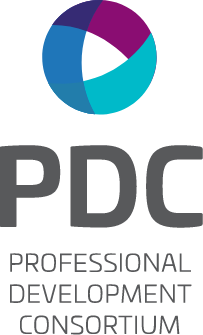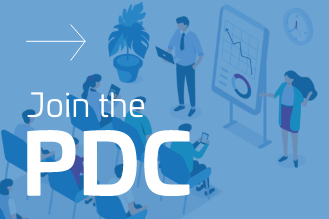You are here
The Fullbridge Five: Skills Every Client Wishes Your New Associates Had
October 22, 2015
Here are five key skills your clients wish your young associates had:
- INDUSTRY RESEARCH AND COMPETITIVE ANALYSIS: To best understand your clients, young lawyers must “get smart” about the relevant company, industry, product, etc. What products or services does the company sell? What are the revenues, sales volume, costs, and profits? How are these changing over time and why? What’s happening in your client’s industry, and how does your client’s experience compare to that of other players? And, most importantly, how do these factors drive legal decisions and legal budgets? Building basic expertise about your clients and their business will provide your associates with a foundation for developing a strong relationship—and will position them to offer tailored, relevant legal advice.
- FLUENCY (OR AT LEAST PROFICIENCY) WITH FINANCE CONCEPTS: Your clients may come to your firm with a legal issue, but remember that he or she is also dealing with related business issues. How will the legal challenge affect the bottom line? Speaking the language of finance is critical to understanding how your client’s business works. Do your young lawyers know how to read and interpret an income statement? Can they explain why a balance sheet is useful—or recognize when something is amiss? Do they understand cash flows? How about valuation? Basic operation of capital markets? And, most importantly, are they clear on why your business clients care about these things? Being conversant in finance lets them meet your clients’ expectations that they understand how the legal issue you’re working on fits into the larger financial picture.
- STRATEGIC THINKING: A FOCUS ON BUSINESS GOALS: Every day, business leaders are pressed to make intelligent, effective decisions that advance their organization’s strategic objectives. Those decisions touch every aspect of a business - from operational improvements to change management, to execution of a corporate growth strategy. For these clients, the resolution of a legal problem addresses just one aspect of a business problem. Your first- and second- year associates can only give the best legal advice after they truly understand how the legal issue fits into an overarching business strategy.
- EMOTIONAL INTELLIGENCE: LISTEN TO WHAT’S BEING SAID: Clients want lawyers who can understand and solve problems. This sometimes requires counsel to put aside that laser-like focus on the legal issue presented, and instead focus on listening. Yes, it sounds basic—but this is a place where lawyers (even the best ones) often don’t perform as well as they should. Instead of constantly thinking ahead to their next point, your associates should put their attention on what your client is telling them. They should ask thoughtful follow-up questions that demonstrate their interest and attention, and that show your client they’re working to understand the bigger picture.
- ABILITY TO GENERATE TRUST: Attorneys often progress from providing narrow subject matter advice to becoming a general legal advisor—and sometimes they stop there. However, the best attorney-client relationships are based on more than being a great lawyer. Attorneys who develop a meaningful, personal connection with clients are able to generate authentic trust—and a genuine partnership that goes beyond helping with legal problems. Do your new associates have a conscious, strategic plan for creating and building trust with your clients? If not, they may never be more than a limited-to-law, non-strategic resource for them.


